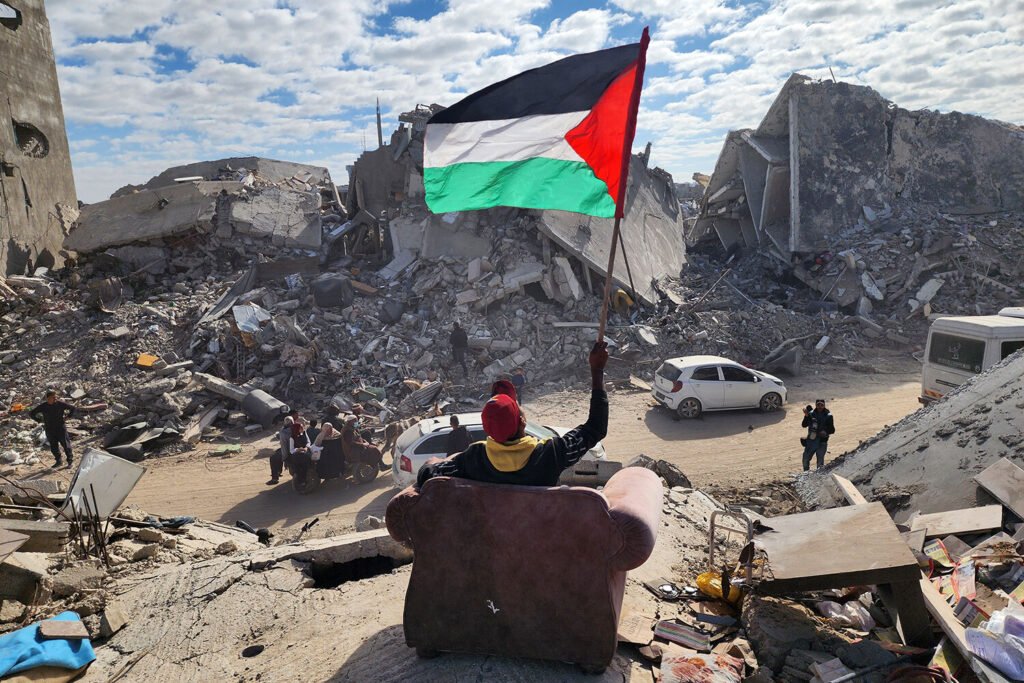The guns in Gaza have fallen silent—for now. After 15 months of relentless violence, a cease-fire agreement has paused the devastation wrought on the Palestinian enclave by Israel. This moment of calm offers a fleeting respite, but it fails to address the deep wounds inflicted on Gaza and the systemic causes of the conflict. The toll of the war on Gaza’s people, infrastructure, and social fabric is profound, leaving urgent questions about the future of Palestinian liberation and Israeli-Palestinian relations.
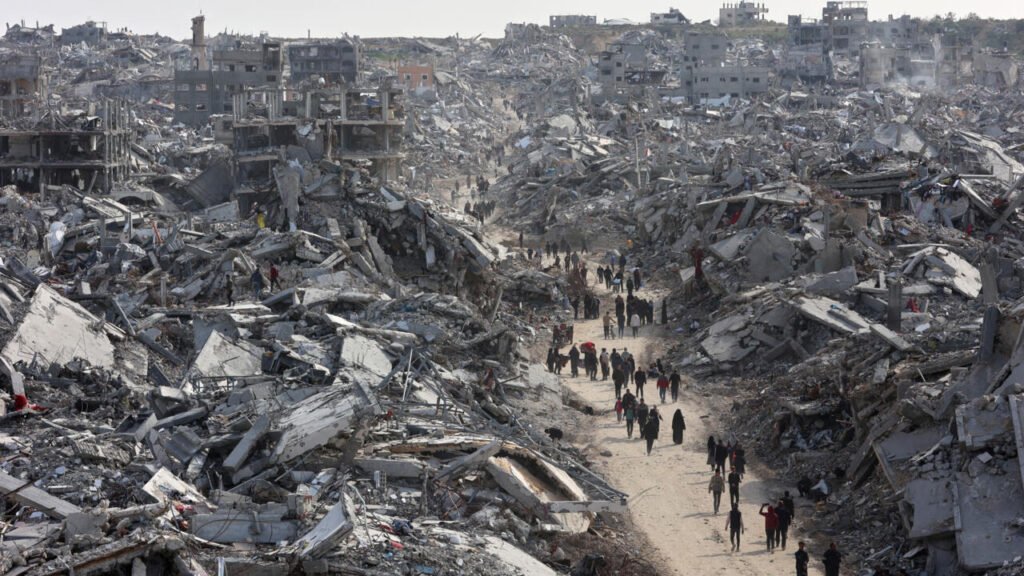
The Human Cost of War
The scale of destruction in Gaza is staggering. Over 46,000 Palestinians, including 13,000 children, have been killed according to official reports—figures likely underestimated. A study published in The Lancet estimates that the true death toll may exceed 70,000, possibly reaching as high as 186,000. Beyond the immediate loss of life, Gaza’s infrastructure has been decimated. More than 90% of the population—1.9 million people—have been displaced. Healthcare facilities have been targeted, with over 650 attacks documented, resulting in the deaths of more than 1,000 health workers. Education has collapsed, with 95% of schools destroyed or damaged, leaving hundreds of thousands of children without access to formal education.
Food and sanitation systems are in tatters. Malnutrition affects nearly all children under two years old, while hundreds of thousands of Gazans face catastrophic food shortages. The psychological scars from the violence and loss will persist for generations, leaving an enduring mark on Gaza’s people.
The Cease-Fire Agreement: A Hollow Victory?
The cease-fire agreement outlines a phased process aimed at restoring stability. Initially, it involves prisoner exchanges—33 Israeli hostages for approximately 1,700 Palestinian detainees, many held without charge. Subsequent phases propose a full Israeli withdrawal from Gaza, the return of deceased captives, and plans for reconstruction. However, these proposals mirror agreements that Hamas accepted and Israel rejected months earlier, underscoring the delays and political maneuvering that prolonged the suffering.
Notably, Israel’s insistence on maintaining control over critical areas such as the Philadelphi Corridor, ostensibly for national security, was ultimately abandoned in the final agreement.
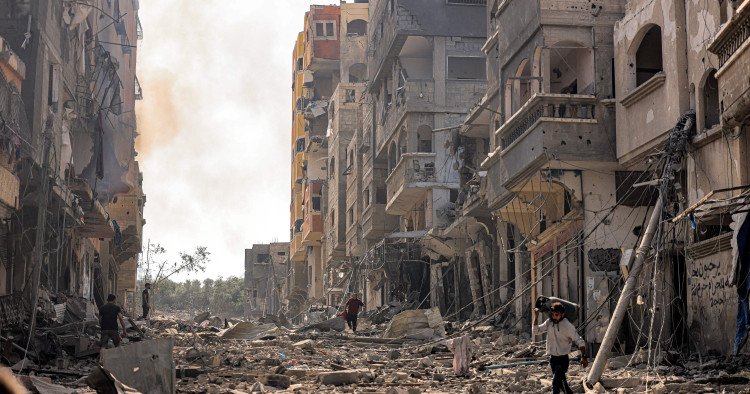
This reversal exposes the cynical calculations of Israeli Prime Minister Benjamin Netanyahu, who used the conflict to consolidate political power at the cost of human lives. Netanyahu’s reluctance to negotiate earlier highlights the prioritization of personal and political interests over humanitarian concerns.
Israel’s Unfinished Objectives
Despite deploying overwhelming military force, Israel failed to achieve its primary objectives of destroying Hamas and securing the unconditional release of hostages. Hamas remains operational, continuing to launch attacks and maintaining its presence in Gaza. The war has also radicalized Palestinian youth, ensuring a steady stream of recruits for future resistance efforts.
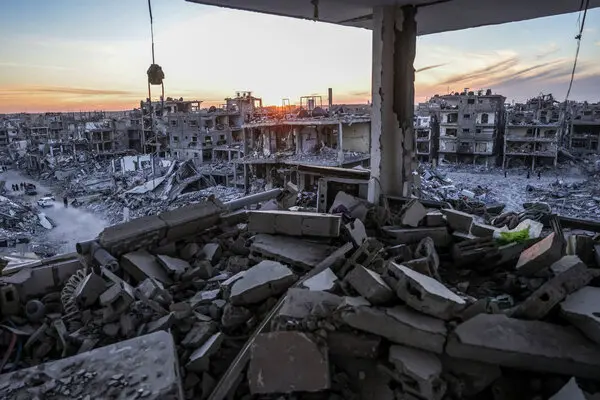
This failure is a humiliation for Israel, which now finds itself back to the status quo of October 2023. The Philadelphi Corridor has been relinquished, aid and trade have resumed, and Hamas retains control of Gaza. Netanyahu’s claims that the war was necessary to secure hostages have been debunked; many hostages died during the conflict, and those released were secured through negotiation rather than military victory.
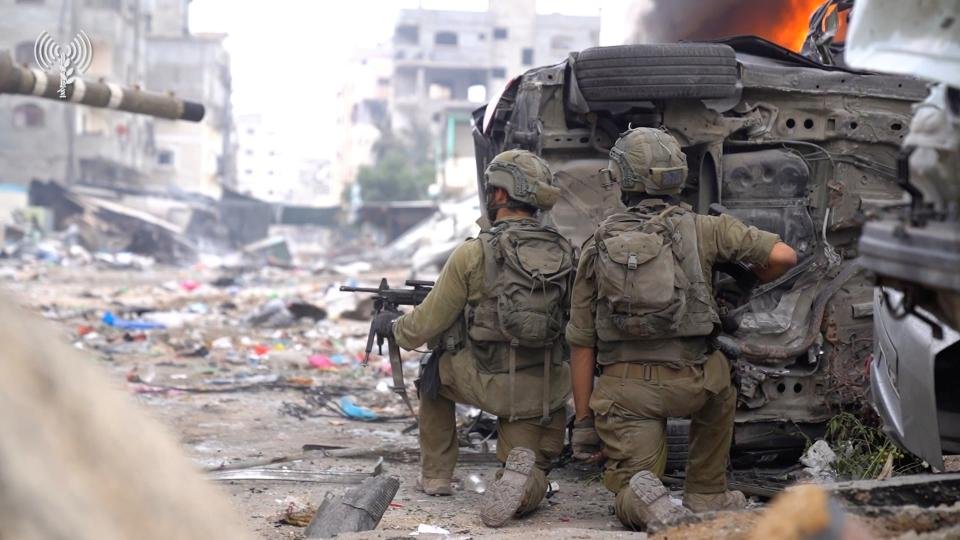
A Crumbling Israeli Consensus
The war has exposed cracks in Israel’s social and military cohesion. The Israel Defense Forces (IDF), long considered a pillar of Israeli strength, struggled with declining morale as reservist participation rates fell from near-universal levels to less than 85%. Soldiers voiced concerns about unclear objectives and mounting casualties, revealing a growing disillusionment within the military.
This internal dissent is mirrored in Israeli society. Haaretz reported declining support for military service, with fewer citizens willing to encourage family members to join the IDF. These fractures challenge the longstanding belief that a militarized state guarantees the security of Israeli Jews, raising questions about the sustainability of Israel’s aggressive posture.
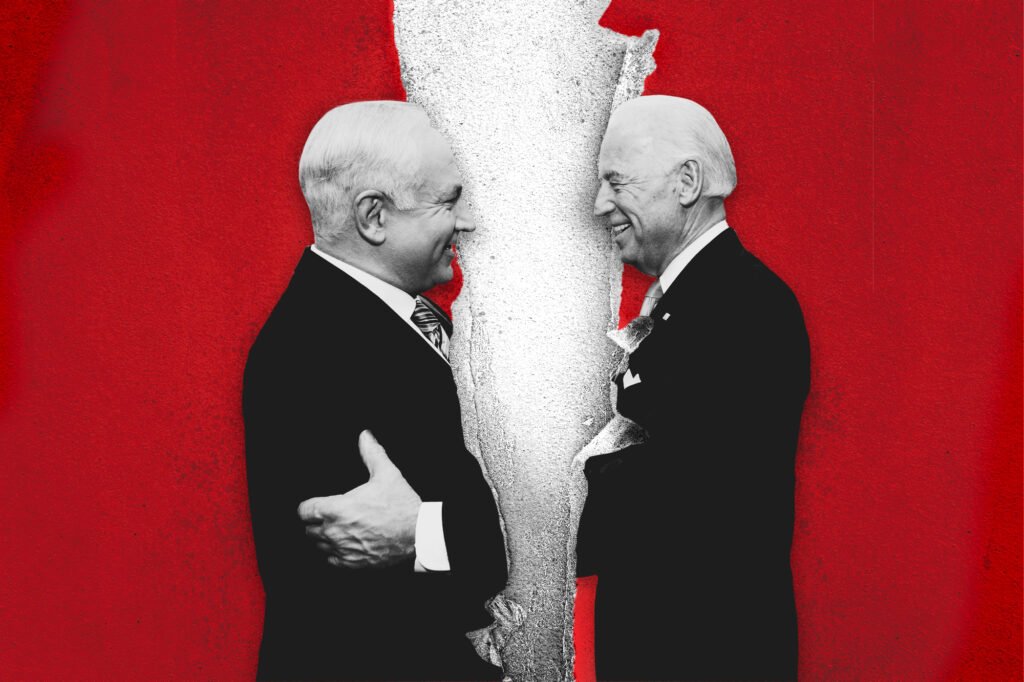
Western Complicity and Strategic Failures
The role of Western powers, particularly the United States, in supporting Israel’s war machine cannot be overlooked. The Biden administration provided $17.9 billion in military aid to Israel during the conflict, alongside intelligence and political backing.
This support emboldened Israel while undermining efforts to achieve a timely cease-fire.
The eventual agreement was brokered not by the Biden administration but by Donald Trump, whose envoy forced Netanyahu to accept terms previously rejected. This underscores the limitations of the Biden administration’s approach, which prioritized demonstrating U.S. dominance over pursuing genuine conflict resolution.
The West’s complicity in the Gaza conflict reflects a broader crisis in liberal internationalism.
The rhetoric of democracy, human rights, and international law has been exposed as a facade for imperialist interests. This hypocrisy has fueled widespread disillusionment, both within Western nations and abroad.
Challenges and Opportunities
The cease-fire in Gaza offers no guarantees of lasting peace. The fundamental issues—Israel’s occupation, the blockade of Gaza, and systemic discrimination against Palestinians—remain unaddressed. While Israel has suffered a strategic setback, the Palestinian liberation struggle has also been dealt a severe blow. Gaza’s population faces deepening impoverishment and isolation, trapped in enclaves controlled by a high-tech military state.
The path forward requires a dual strategy: fostering solidarity among oppressed peoples and challenging the structures of imperialism and capitalism that underpin the conflict. This includes connecting the Palestinian struggle to broader movements for justice and equity worldwide, emphasizing the shared interests of oppressed communities in confronting systemic exploitation.
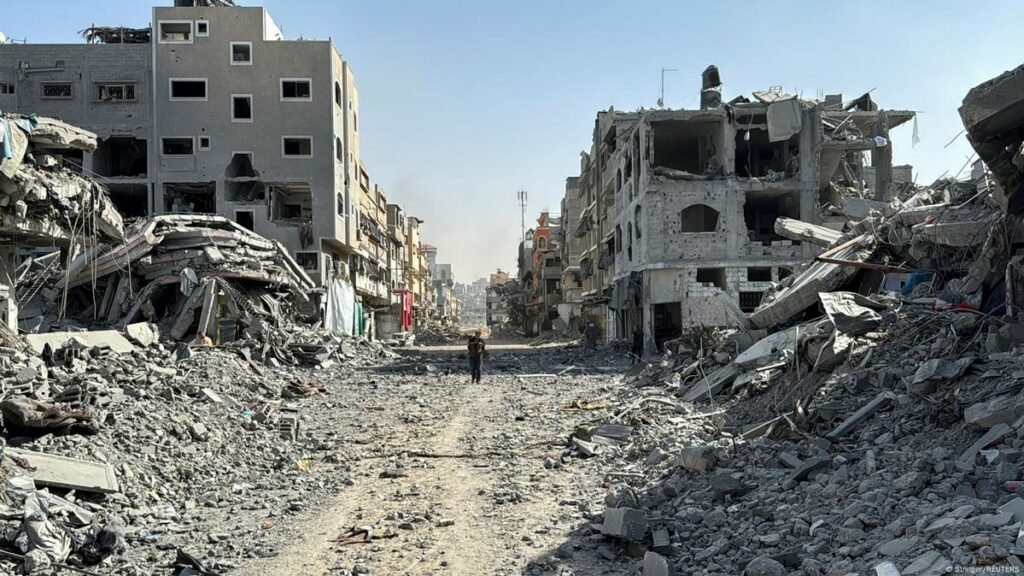
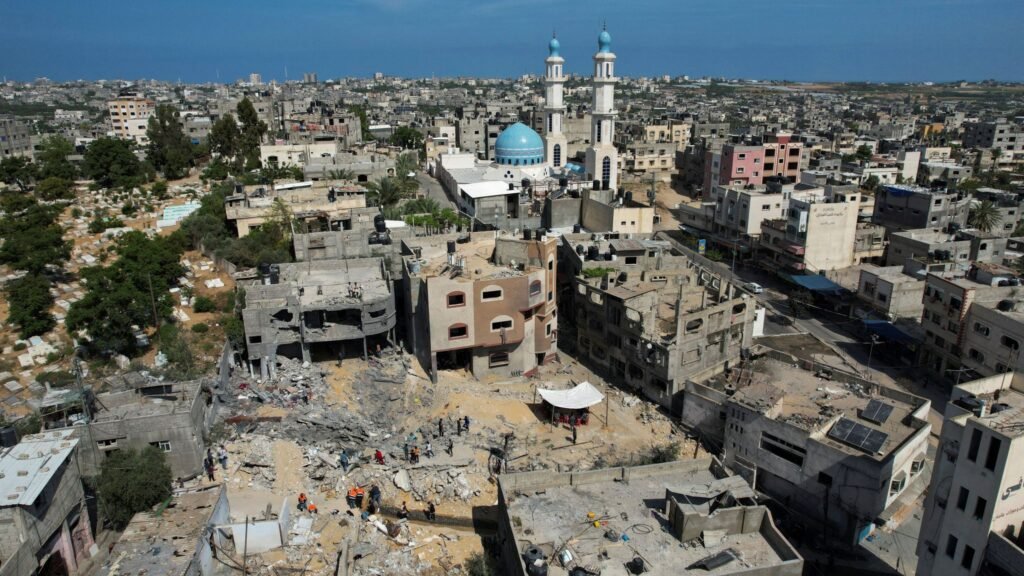
The war in Gaza has revealed the fragility of Israel’s militarized state and the limitations of Western imperialism. It has also highlighted the resilience of the Palestinian people, who continue to resist despite overwhelming odds. However, true liberation for Palestinians requires a transformation of the global political and economic systems that sustain oppression.
The struggle for a free Palestine is inseparable from the fight against imperialism and capitalism. As crises deepen worldwide, the interconnectedness of these struggles becomes increasingly evident. Only through collective action and solidarity can the foundations of injustice be dismantled, paving the way for a just and lasting peace.

